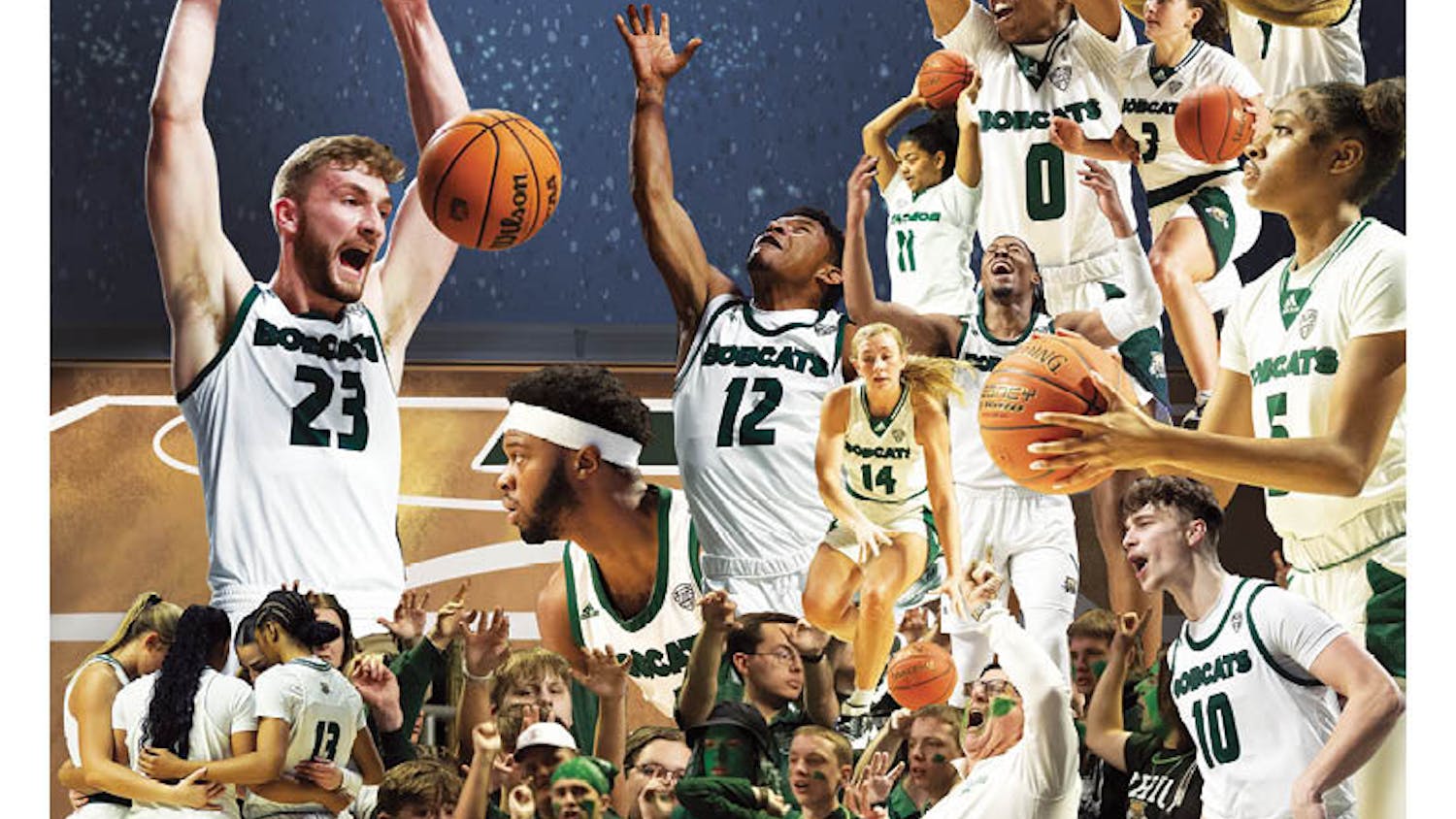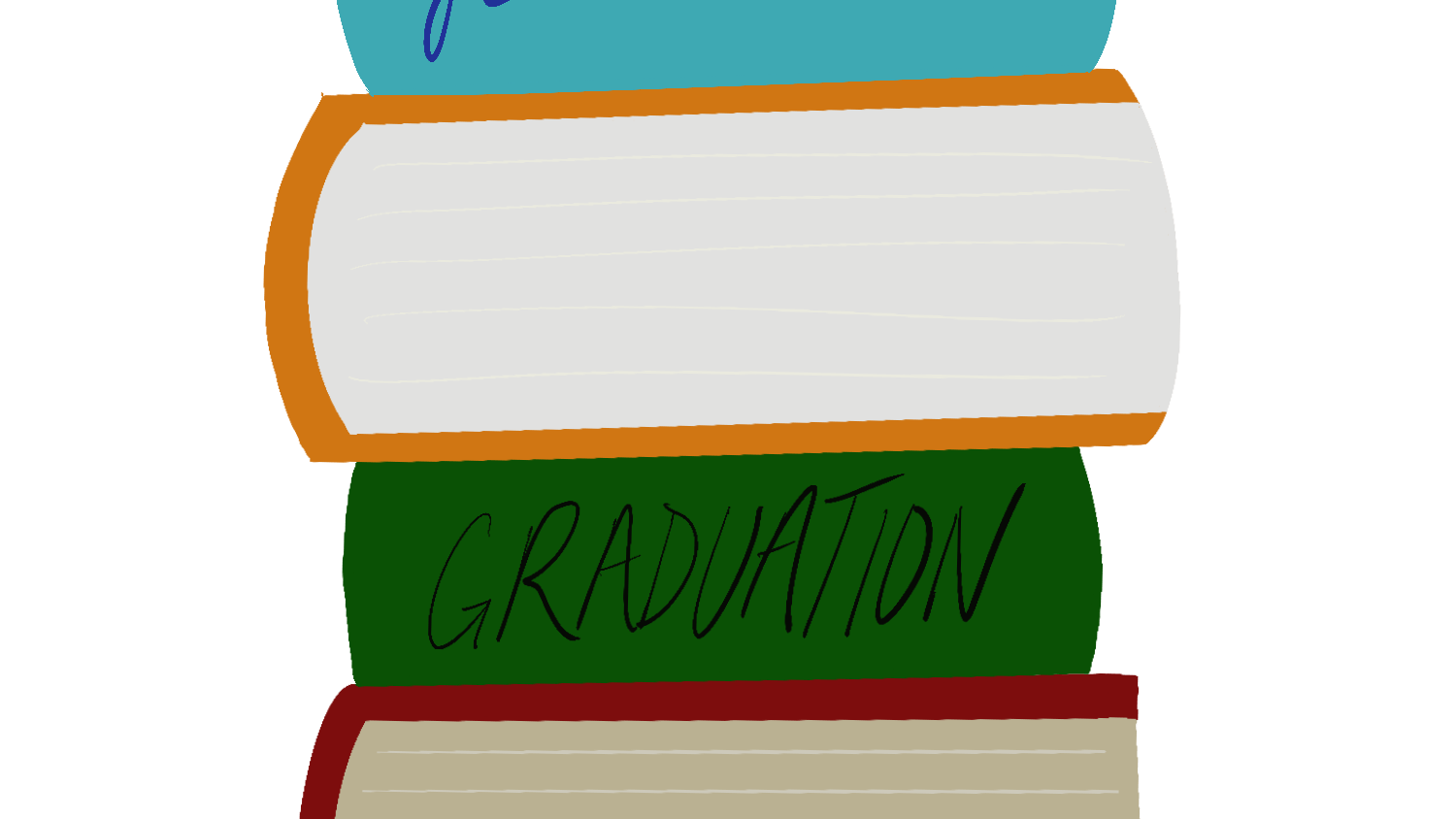OU’s Survivor Advocacy Program and Counseling and Psychological Services offer anonymous services.
If an Ohio University student is a survivor of sexual assault, he or she can seek out a variety of anonymous support services on campus.
“Sexual assault is a big issue everywhere, not just on college campuses,” said Delaney Anderson, program coordinator for OU’s Survivor Advocacy Program, in an email. “However, there has been increased attention to sexual assault on college campuses because of the conversation on the national level.”
Of those services, OUSAP can provide confidential advocacy and support, and it offers a 24/7 crisis line at 740-597-SAFE (7233) during Fall and Spring semesters.
Students can also email survivor.advocacy@ohio.edu to schedule an appointment to talk with an advocate.
{{tncms-asset app="editorial" id="9db06958-e47f-11e4-b9fa-3f12f2be02a9"}}
“OUSAP provides short-term advocacy services,” Anderson said. “Advocacy is focused on helping survivors be aware of their options following a victimization and provide the appropriate support, resources and referrals.”
Counseling and Psychological Services offers individual and group counseling for survivors of sexual assault, and Campus Care in Hudson Health Center can help with the medical aspect of sexual assault, including follow-up care.
“I believe it's important for incoming students to be aware of the different support services that are available to survivors, especially on campus,” Anderson said.
{{tncms-asset app="editorial" id="4becfe1e-e93a-11e4-9dd9-5bd1d2399264"}}
All OU faculty and staff, including resident assistants, are mandated reporters, meaning that, if they are informed of alleged sexual assault, they have to tell the Office for Institutional Equity, which could potentially launch an investigation.
In addition, organizations like Better Bystanders emphasize the importance of intervening before an assault occurs.
“Our primary focus is that, when you talk about using bystander intervention to prevent sexual assault, all that you’re really doing is talking about helping people,” said Bill Arnold, vice president and co-founder of Better Bystanders. “What I really like to emphasize is that folks really kind of know how to do this already.”
Arnold stressed the importance of the three d’s — directing, delegating and distracting — as ways to intervene if someone potentially needs help.
“Preventing sexual assault is not about stranger danger; it’s not about walking around alone; it’s not about avoiding dark alleys,” Arnold said. “All of those are just myths that are ultimately part of the problem, but I think it maybe is about situating ourselves so we’re best able to take care of each other.”
@kcoward02
kc769413@ohio.edu






